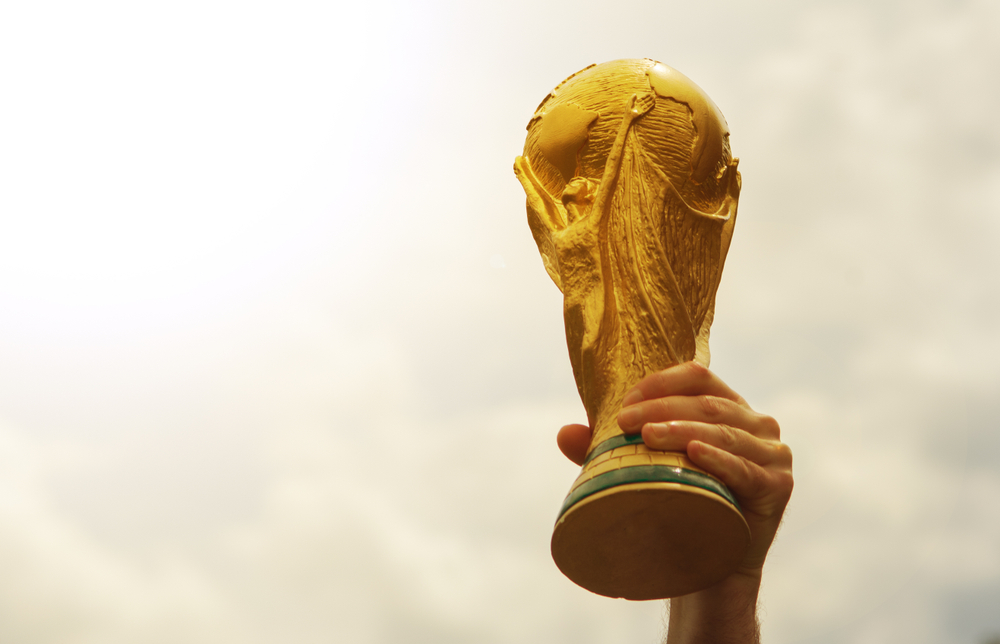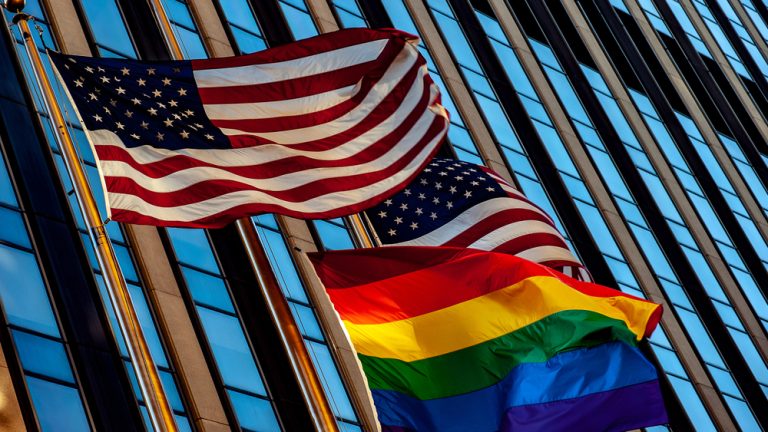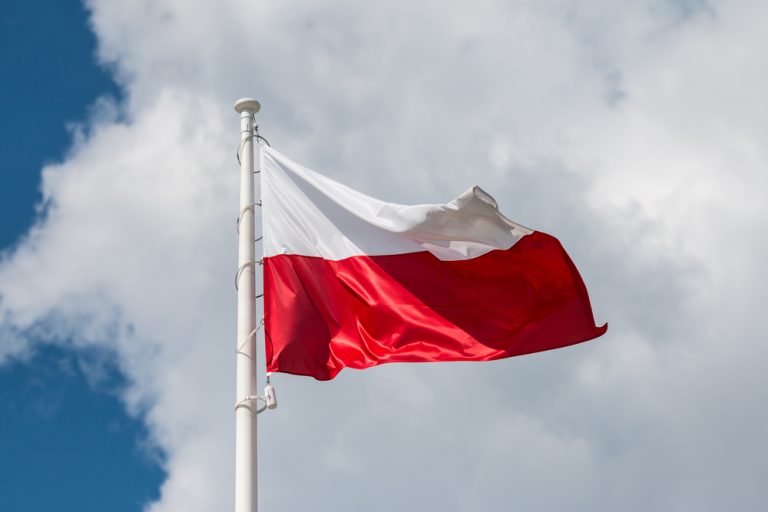
Political results of the 2022 FIFA World Cup in Qatar
On December 18, 2022, a magnificent World Cup final took place in Qatar, in which Argentina beat France 3-3 in regulation and extra time to win a 4-2 penalty shoot-out triumph. From a sporting point of view, the competition was more than successful, but here we will focus not on the game side, which we will only mention indirectly, but on the political and cultural impact of this event on the world. In the 20th and 21th century, sports became one of the main areas of entertainment, and football is undoubtedly the main and most popular sports game. It reflects all the most current political trends like in a mirror and the World Cup 2022 in this sense has become a landmark. Furthermore, it happened at a turning crisis point in history associated with the COVID-19 epidemic, the conflict in Ukraine, and the global economic crisis gripping our planet to an escalation of a possible new Cold War.
In a sense, the competition in Qatar has become the peak of the consumer information society. In the not-too-distant future the world will probably change dramatically, and we will only remember the 2022 World Cup as a sign of a civilization gone by the wayside. So far, it has broken all financial and audience records and Qatar hosted the most expensive World Cup in history. This is not surprising, given that the richest oil country in the Middle East has spared no expense in demonstrating its greatness to build its positive image. In the end, it is not the fact of the record itself that is striking, but the order of the numbers. It was officially announced that the cost of the championship amounted to 220 billion dollars. For comparison, according to various sources, Russia spent from 11.6 to 14.2 billion dollars for the previous World Cup 2018, which is 15-20 times less.

It is very difficult to estimate the final profit of the host country, if in Russia this amount amounted to almost 150 billion dollars, then in Qatar it was at least no less. This amount includes six modern stadiums built from scratch and a high-quality organization, which in fact was such, despite the biased criticism of European and American media, since the critics did not come from objective, but from ideological motives. More precisely, it is possible to estimate the income of international football, which also turned out to be a record: the 2022 FIFA World Cup in Qatar, FIFA earned $10.5 billion. The amount turned out to be one billion more than the revenue received after the 2018 World Cup in Russia. Records were also set in the main “new media” of the 2010s i.e., the social networks. The photo of the Argentinean footballer Lionel Messi with the World Cup winner’s trophy in Qatar has gained more than 43 million likes on Instagram, which is a record not only among athletes, but in general for a photo on this social network.
And yet, the World Cup reflected not only the growth in breadth and height of existing trends, but also the changes taking place in the world. The competition was held for the first time in an Islamic religious country with strict conservative values, and FIFA officials, accustomed to the “cult of tolerance and minorities”, did not immediately correctly appreciate this simple fact. As a result, the authorities of Qatar banned not only beer in the stadiums at the championship, which the guardians of the “new morality” could still forgive, but the demonstration of LGBTQ+ symbols. If FIFA President Gianni Infantino told fans on alcohol restrictions that they could “survive three hours without beer”, then the “infringements” of minorities caused a storm of indignation among the liberal public. At the initial stage, according to a discussion with the government of the country hosting the championship, FIFA gave its agreement as well as all the teams participating in the competition. But the “progressive world community” could no longer bear the ban on the rainbow headbands worn by the captains of some teams in support of LGBTQ+. For the sake of justice, it’s worth saying that this is not an initiative of FIFA: it’s just that the captains of the teams of England, Wales, the Netherlands, Belgium, Denmark, Germany, Portugal, Sweden, and Switzerland wanted to wear them contrary to all agreements and deliberately provoked a scandal.
The countries of “European culture” (no, don’t think about the cultures of Kant, Hegel, Diderot, and Michelangelo) decided to give Qatar a demonstrative censure. After the official ban on the “One Love” armbands, an initiative group of captains continued to wear them, and European football national associations were ready to pay fines for this, just to protect their “principles”. But Qatar did not give up, and it became known that players with the “One Love” armband would be fined with a yellow card even before the start of the games. In response, the Western media threw a real tantrum, and England captain Harry Kane promised “no discrimination” with an armband, but in the end, like many of his colleagues, he got scared, and BBC journalists had to take the rap for him on the edge of the field. To somehow compensate for their ideological defeat and avoid legal consequences, the players of the German national team, for example, staged an ostentatious performance where they covered their mouths with their palms before the match, hinting at a violation of “human rights”. The result was a relegation in the group stage caused by their poor football performance, which, however, became symbolic. Under pressure, Qatar still abandoned restrictions on the demonstration of LGBTQ+ loyalty, but its long resistance still showed that the creators of “fashion trends” can no longer dictate their views to free countries with alternative opinions.
The changed world order was also shown by the success of the Asian teams at the World Cup. It was the second world football championship in Asia, when in the first of them, held in Japan and South Korea in 2002, the teams of the latter sensationally reached the semi-finals. Then it was almost a tribute to the success of the “Asian tigers” who have performed an economic miracle in the previous 30 years. In 2022, the successes were more modest, but the same Japan and Korea confidently advanced to the 1/8 finals, and Saudi Arabia, although not out of the group phase, beat the future world champions. Africa, which is still the world’s demographic leader, has achieved even greater success. For the first time in history, the representative of this continent, Morocco, reached the semi-finals, showing an excellent game. Morocco beat two former its former colonial countries, Spain and Portugal, and unsuccessfully collided in the semi-finals with the third of them, France.
Nevertheless, it has become a symbol of the new important place that Africa has taken in the world. Even the protests and riots of the Moroccans in Belgium, the Netherlands and France, which were caused by the success of their national team and far exceeded the joy of the “indigenous” fans for the victories of their original national team, well showed the full power of migrants in Europe, which recklessly let them into its territory. Paradoxically, the same France, as in several World Cups before, turned out to be more of an African team than the same Morocco, which is an Arab and even in some sense a European country. If we consider the leaders of the Moroccan team, then Achraf Hakimi was born in Madrid, and Hakim Ziyech in the Dutch city of Dronten. At the same time, out of 23 players of the French national team, 15 players have African roots. Existentially, the colonies take revenge on their colonizers.

The social aspect is also important. This World Cup will give a huge impetus to the development of football in countries that used to be called “third world states”. After all, this is one of the only social elevators for the youth of these countries. The example of these winning players who escaped from poverty and became millionaires thanks to their work (but of course also with a bit of luck) is better than any propaganda of sports ministries, committees, and federations. Two thousand years ago, Rome as well was taking gladiators from distant provinces. And yet, as conservatives, we are happy for the Argentina national team. Argentina played indeed beautifully, and the talented Lionel Messi deserved his first world title. If France would have won, which plays by no less talented, but still not entirely “native” French football players, it would have been a triumph of fake liberal multiculturalism. The world is rapidly changing, and such concepts as patriotism, loyalty to one’s own culture and mercantilism are again becoming valuable. A new “Cold War” is flaring up, and, perhaps, the political results of the World Cup in the USA, Canada, and Mexico in 2026 will be completely different, although no less interesting.


Thanks for sharing. I read many of your blog posts, cool, your blog is very good.